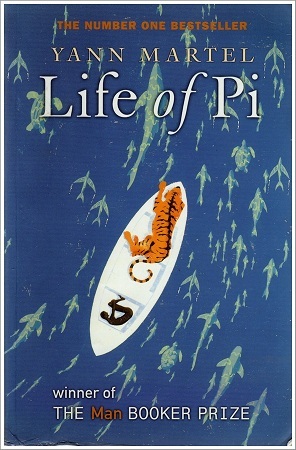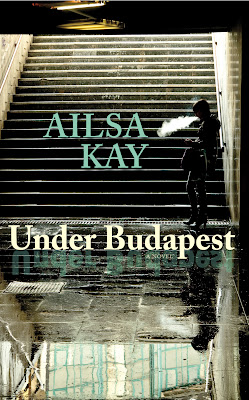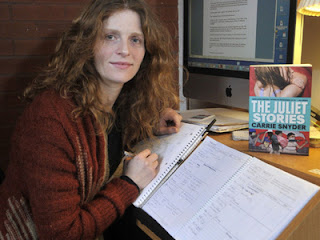"Amazon is at the centre of a deepening scandal in Germany as the online shopping giant faced claims that it employed security guards with neo-Nazi connections to intimidate its foreign workers.
Germany’s ARD television channel made the allegations in a documentary about Amazon’s treatment of more than 5,000 temporary staff from across Europe to work at its German packing and distribution centres.
The film showed omnipresent guards from a company named HESS Security wearing black uniforms, boots and with military haircuts. They were employed to keep order at hostels and budget hotels where foreign workers stayed. 'Many of the workers are afraid,' the programme-makers said.
The documentary provided photographic evidence showing that guards regularly searched the bedrooms and kitchens of foreign staff. 'They tell us they are the police here,' a Spanish woman complained. Workers were allegedly frisked to check they had not walked away with breakfast rolls."
— Tony Paterson,
The Independent
Read more...
"As early as this April, Yale plans to welcome a training center for interrogators to its campus.
The center’s primary goal would be to coach U.S. Special Forces on interviewing tactics designed to detect lies. Charles Morgan III, a professor of psychiatry who will head the project, calls these tactics 'people skills.' These techniques would be honed using New Haven’s immigrant community as subjects. Morgan hopes that by having soldiers practice their newly acquired techniques on 'someone they can’t necessarily identify with' (read: someone who is not white), they’ll be better prepared to do ‘the real thing’ abroad.
What’s the problem here? We see several.
First, intelligence does not exist in a vacuum. It is gathered to support a particular foreign policy agenda, the morality of which is not beyond question.
It seems evident that Yale would not train foreign military operatives to interrogate informants. Yale as an institution does not — cannot — align itself blindly with the goals of other militaries.
But who is to say we should align ourselves with U.S. foreign policy? Though its goals are at times morally defensible, they can also be appalling. The techniques soldiers learn at Yale might be used, for example, to identify candidates for President Obama’s 'kill list,' which is itself unethical and likely illegal. If someone lies to protect their friend from ending up on that kill list, is that a lie it is moral to detect? By training soldiers to perform these interrogations, Yale would be complicit in achieving these goals."
— Natalie Batraville and Alex Lew,
Yale Daily News
Read more…
To see books you should avoid buying, go
here...
And if you still want them, don't buy them
here...







































